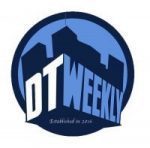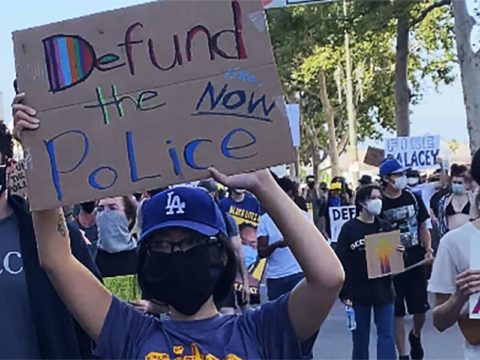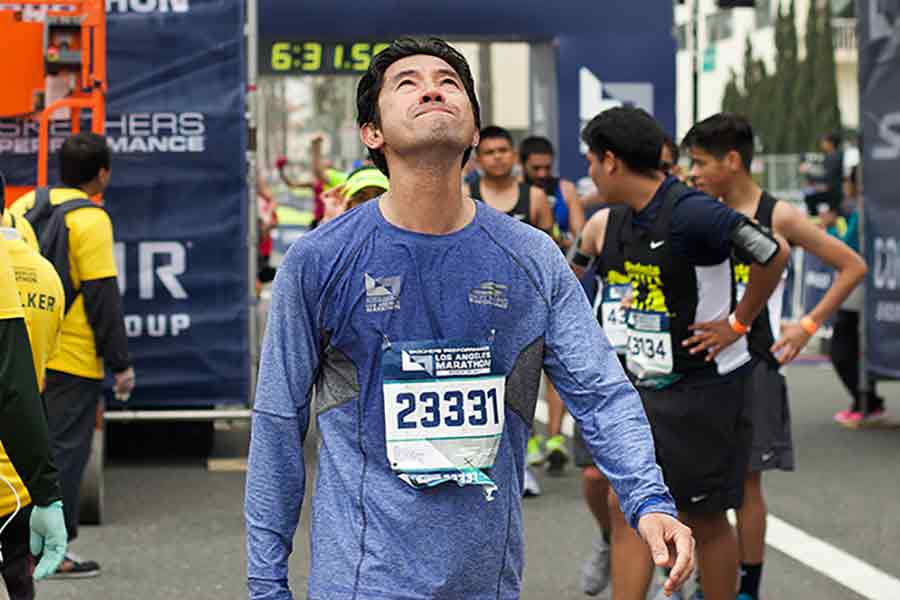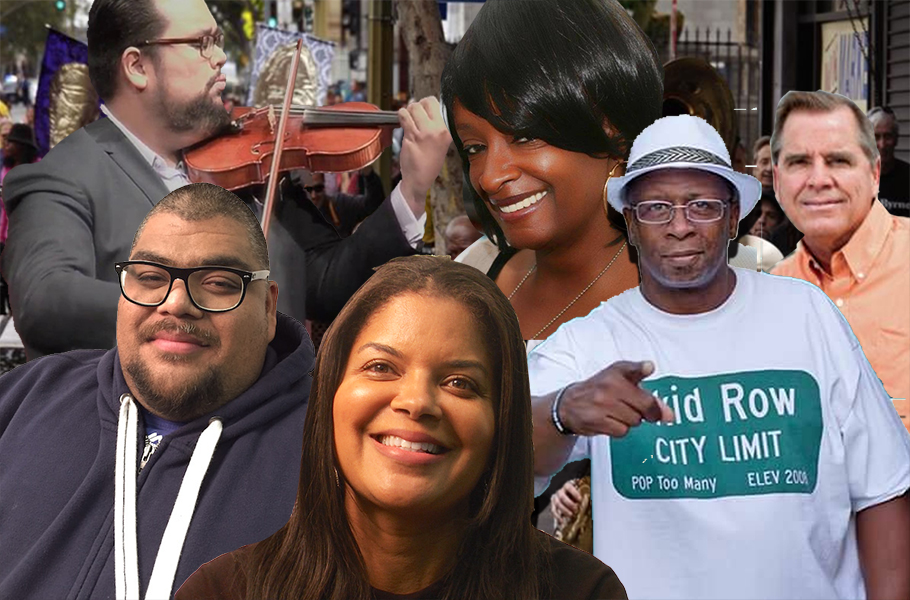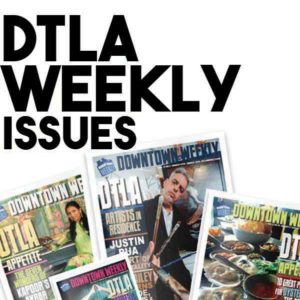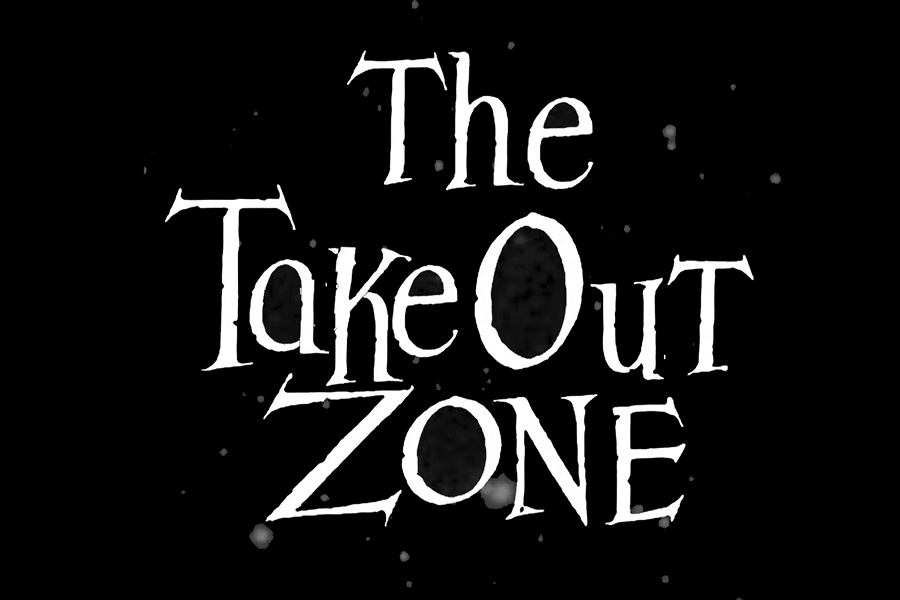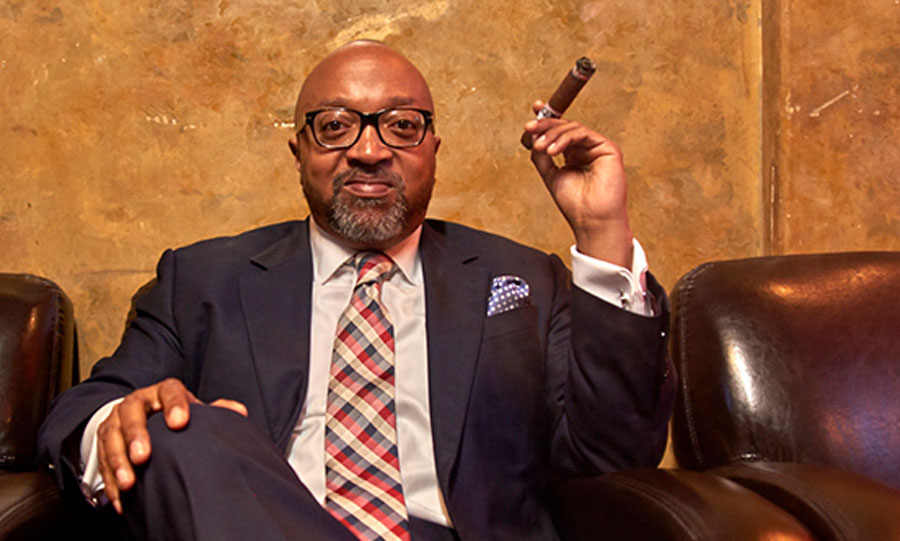
Well-known Los Angeles criminal defense attorney Ludlow Creary II sits down with Downtown Weekly at one of his favorite Downtown L.A. haunts, a cigar lounge situated just a block away from the near century-old L.A. Times building in the ever-changing center of the City of Angels.
I arrive at the shop and am greeted by a beautiful, all wood interior. Well, not all wood. There was also sports talk on the wall-mounted tube to my right, and talking head political strategy wizards offering opinions adding nausea on the tube on my left. The A/C presented a chill contrast to the unusually thick, warm Fall air that still hadn’t left. The shop felt full of life even though there were only about three patrons in occupancy at present.
A few glossy L.A. noir wall prints adorn the shop and I think: “If I had a wife, I’d hang out here. If I had a wife”
Before I can get too lost in my daydream, Ludlow arrives, smiling and sharply dressed in a gray tailored suit and flat top hat that seemed to be from a time that had passed us by long ago and much too soon. The photographer snaps more than a dozen photos of him, and then of he and the owner, and when he finishes, we step outside to conduct the interview outside, in the light of the day.
“My father is from Kingston Jamaica, and my mother hails from New Orleans, Louisianna. My father is a doctor. Retired now, but after I went through my fireman, and police officer phase, I wanted to be like my dad. I wanted to be a doctor. That was until I realized just how late he got home every night after work. I didn’t want to work that hard. I didn’t want that life. So, naturally, I started to consider a career in law.” He chuckles to himself at the absurdity.
“At the time I just didn’t understand how big the job was. How much work it really is, day in and day out. You really have to love it.”
A man with a carrier bag approaches our table and asks Ludlow for advice on what type of cigar to buy his wife for her graduation ceremony.
“Pizzeria. Pizzeria, man. It’s black-owned. It’s smooth and inexpensive. These are my favorites right now.” He proceeds to offer a crash course on cigars of all kinds, and no matter the man’s question, he has an answer at the ready. The man thanks him and steps into the store with a newfound wealth of knowledge and cigar-choosing ability.
He puffs his cigar and shifts the topic to music…
“When I was growing up, there wasn’t anyone in my family that was passionate about music. I mean, yes, they like music, but not in the same way I do. I’m a graduate of Beverly Hills High School. Lenny Kravitz was my classmate, and Slash was a year behind us. So just in hanging out with those guys, I was able to sort of learn and share ideas, and just really dive deep into the sounds of the time. Jazz, funk and hip-hop were a very big part of my life. They still are”.
“The band I am in is called ‘Brownseude’ and it’s soul is based in R&B. That’s really the essence of it. We’ve really grown a lot. In any band or group, there are progressions that take place through time. Everyone samples, it’s just about adding something new or maybe even removing a layer to make something old new again. My band’s sound is an amalgamation of all the music I’ve been listening to and absorbing over the last thirty years of my life.”
Tell me about the last thing you wrote.
“The last song I wrote was a country western song. Why did I write a country western song? I don’t know. I wrote a song, and that’s what came out.
An older gentleman pops out of the shop and introduces himself as a former undercover cop who’s seen Downtown Los Angeles change over some number of decades. Let’s call him Officer Arnez. Officer Arnez is familiar with Ludlow and the two soon paint a picture of the old Downtown for me as they finish each other’s sentences.
“The old Downtown disappears a little more every day”, says Arnez.
“The old Downtown is a place you leave before sundown.” Ludlow nods in agreement.
I listen.
Arnez lights a cigar shakes our hands and then hops into his spotless, blue 911 Porsche.
Before I can continue, another patron exits the shop and darts towards a silver Bentley.
“Nice Ferragamos!”, Ludlow offers.
The man does not respond, and we continue.
He mentions that his father, with the help of seven other black doctors, built a hospital that still stands at Western and Adams. He says it’s gone through many incarnations and will next become an art gallery.
“They didn’t want him working at Cedar Sanai. They didn’t want black doctors working there. So my dad built his own hospital for people living in the city.”
His face is filled with pride when speaking of the senior Dr. Creary, and he speaks with conviction so as to leave no doubt of the impact he has made on the son sitting in front of me.
“Your father was obviously conscious of the issues facing inner-city communities at that point in time, what are some of the challenges being faced by black and brown people in some of those same neighborhoods today?”
“I think we are overcrowded here in L.A. it really started in the 90s, but now it’s getting out of hand. I used to be able to walk down Wilshire Blvd on Sunday and it would be a veritable ghost town. Now it’s not like that. Everyone drives, so there’s car pollution. People can’t park where they live in some parts of town. Transportation is starting to get better, but I feel it was set up to be a car-city to begin with. It’s sprawling, sure, but L.A. was sold as a car town. You also have a lot of people moving here from other places in their cars, just driving down. We’ve got too many cars. The train is expanding, and it’s great, but it feels like it’s so late in the game.”
Our talk eventually shifts towards politics and the state of things regarding the impending election. After, a few words, Ludlow takes one long and final puff of his cigar, smile on his face.
“Hey, do you like Jamaican food? let’s try this place around the corner, you’ll love it.
